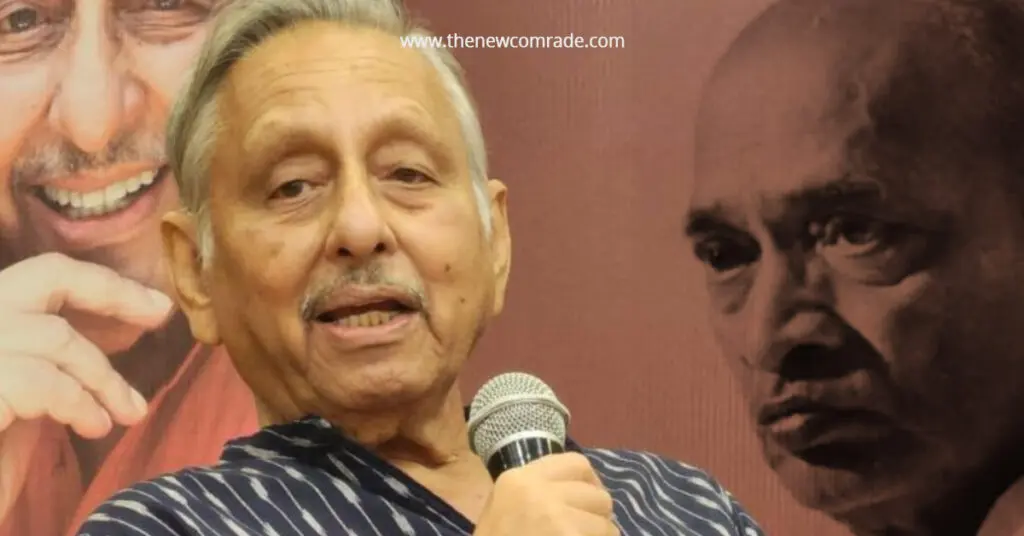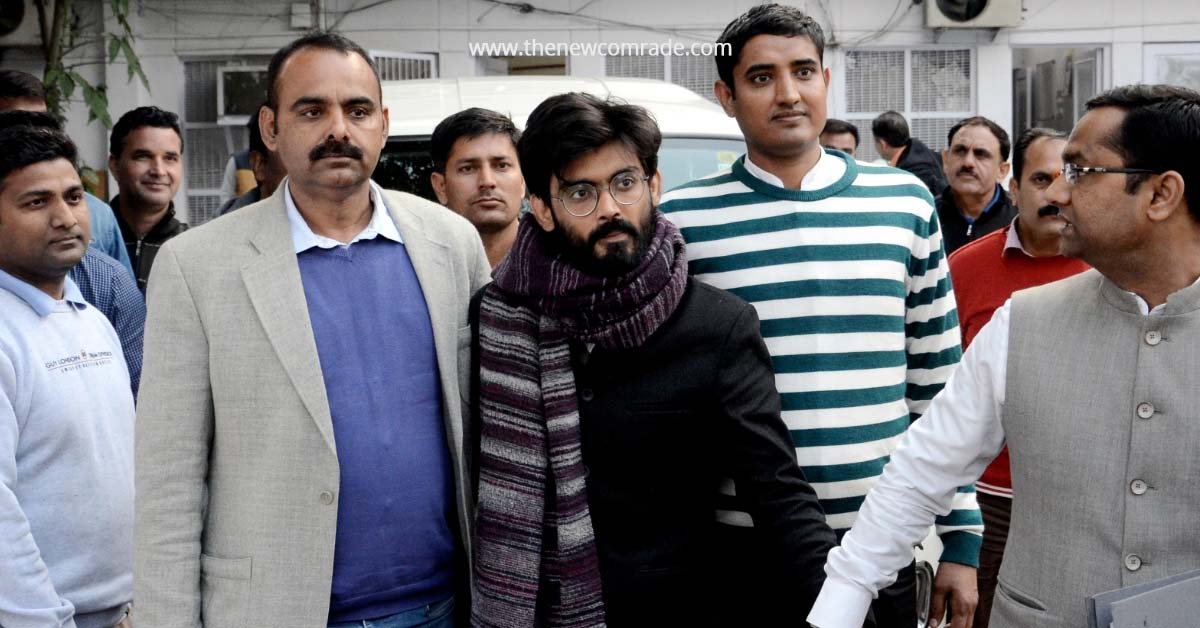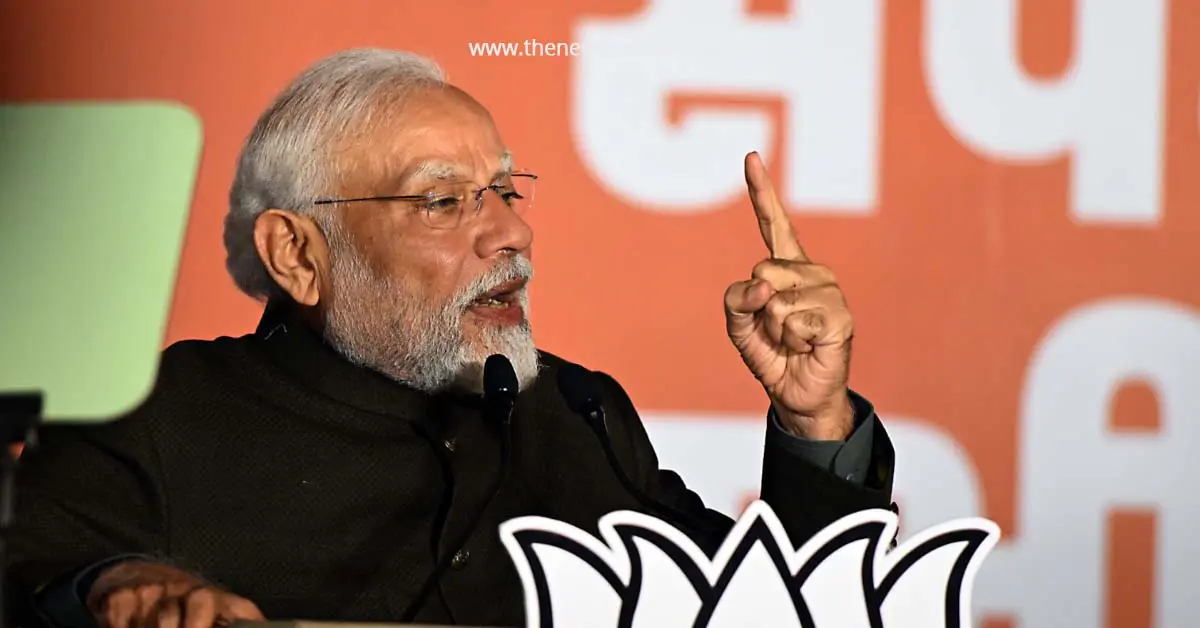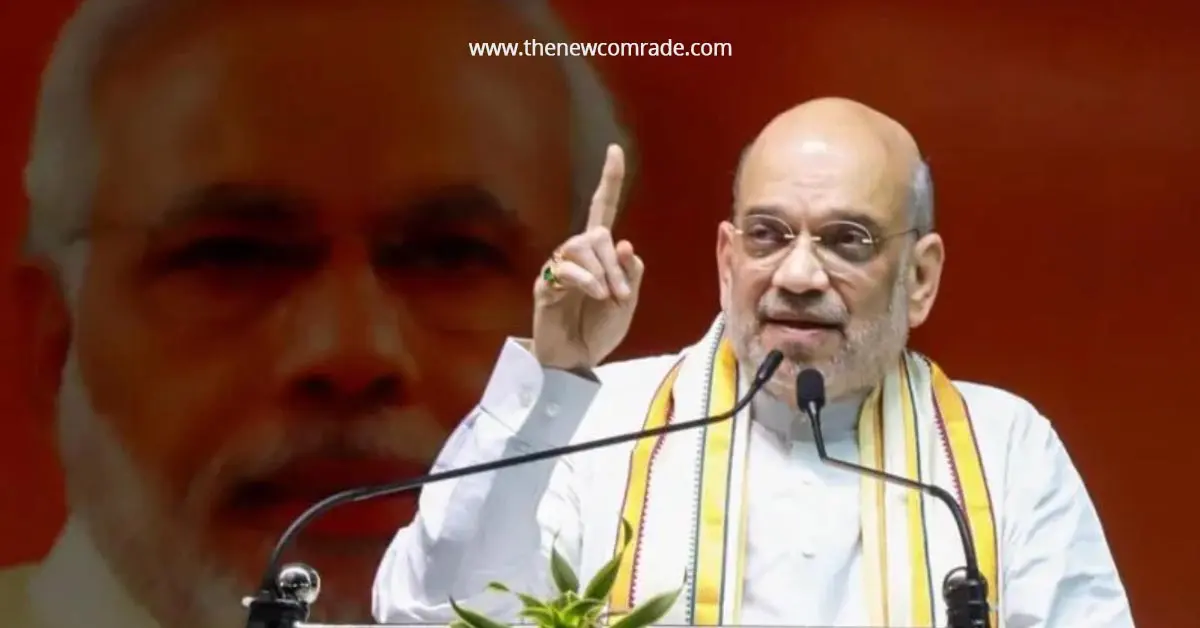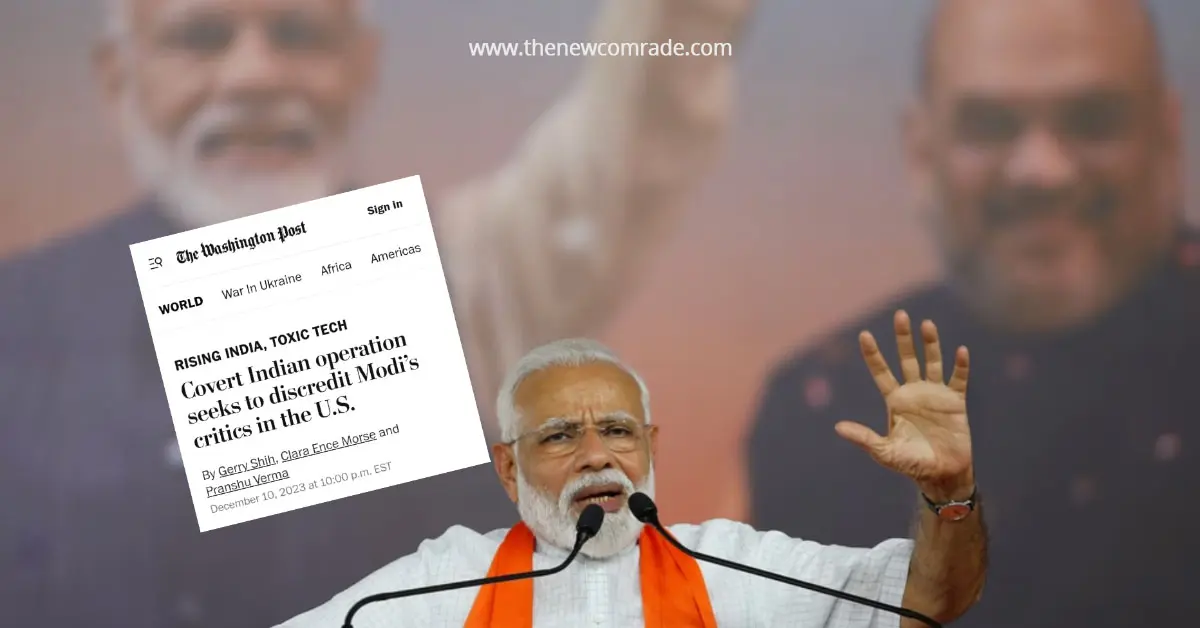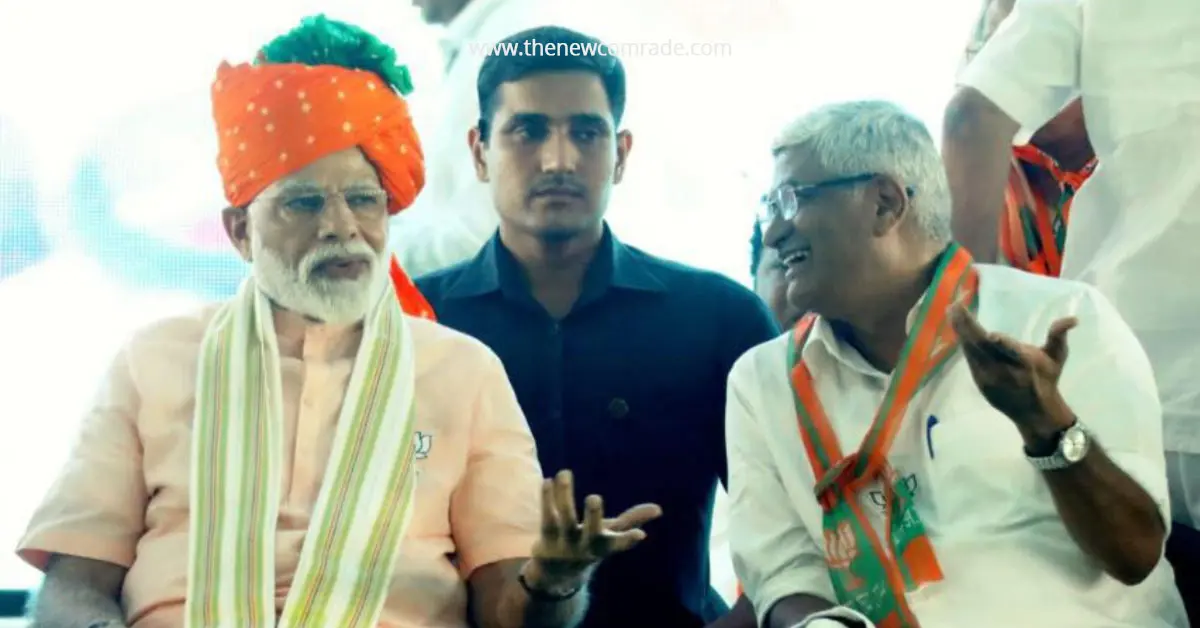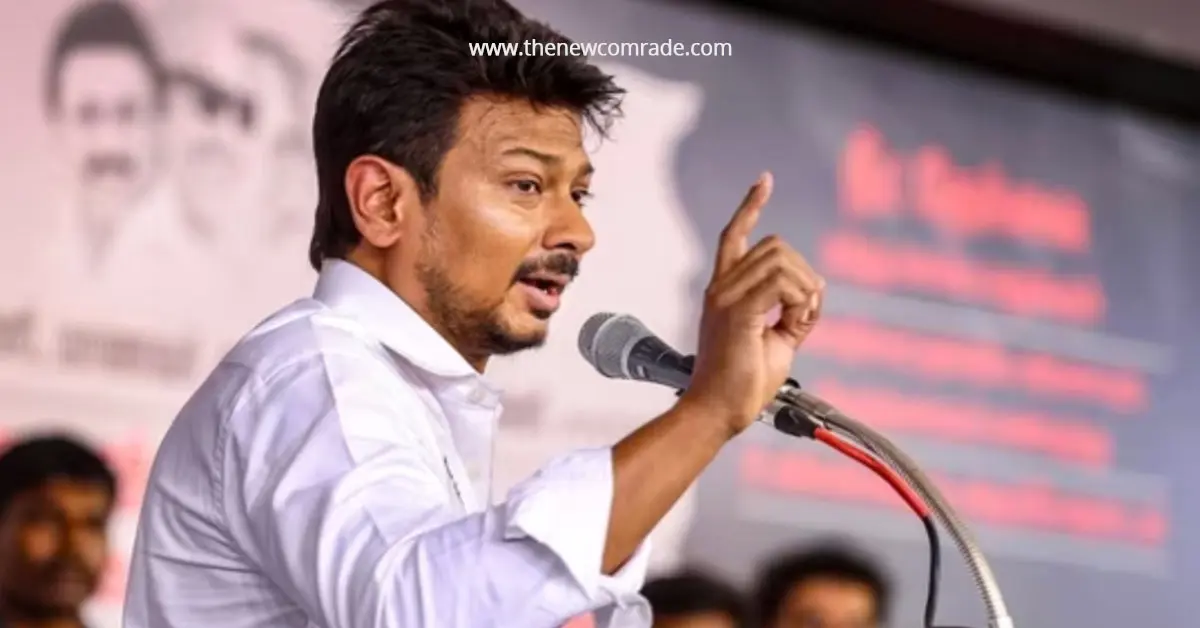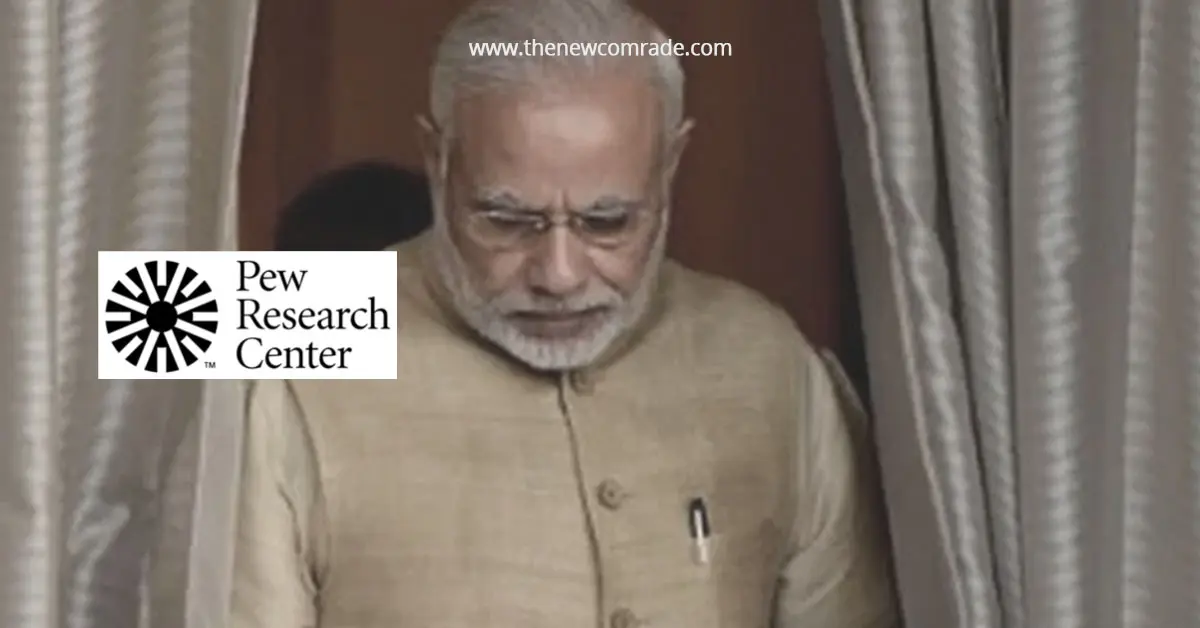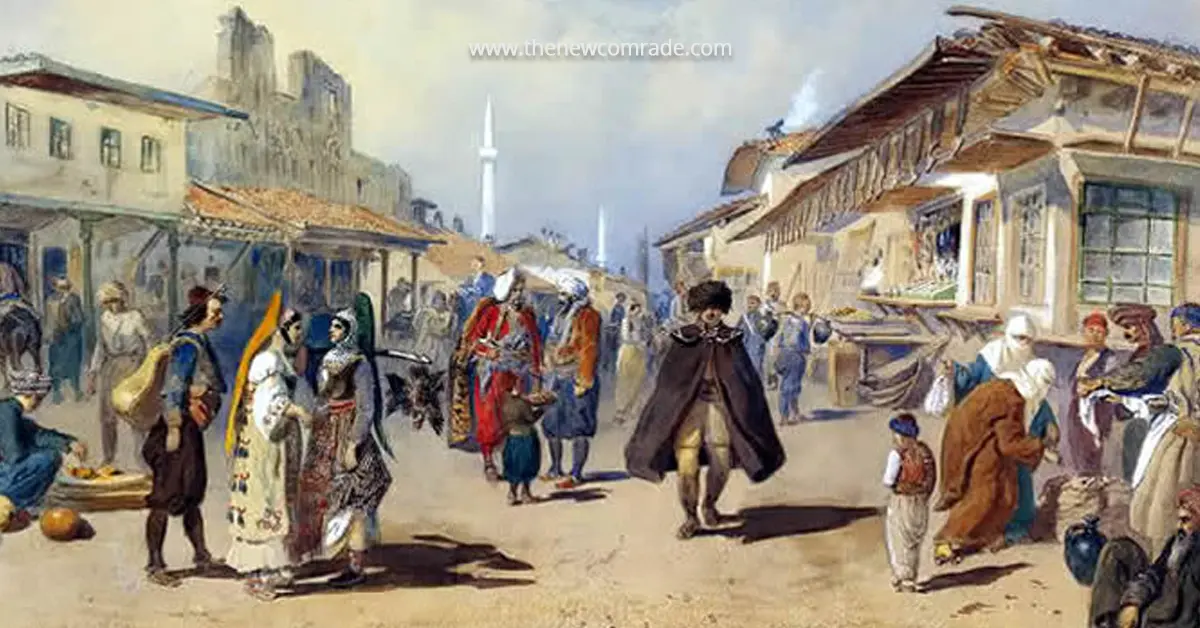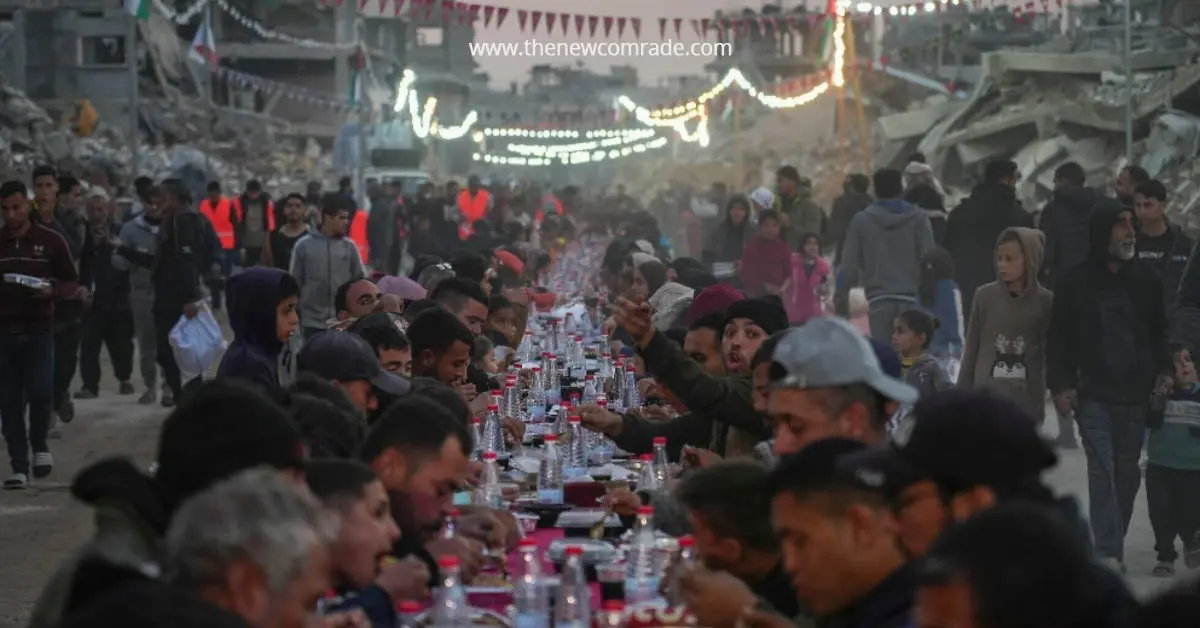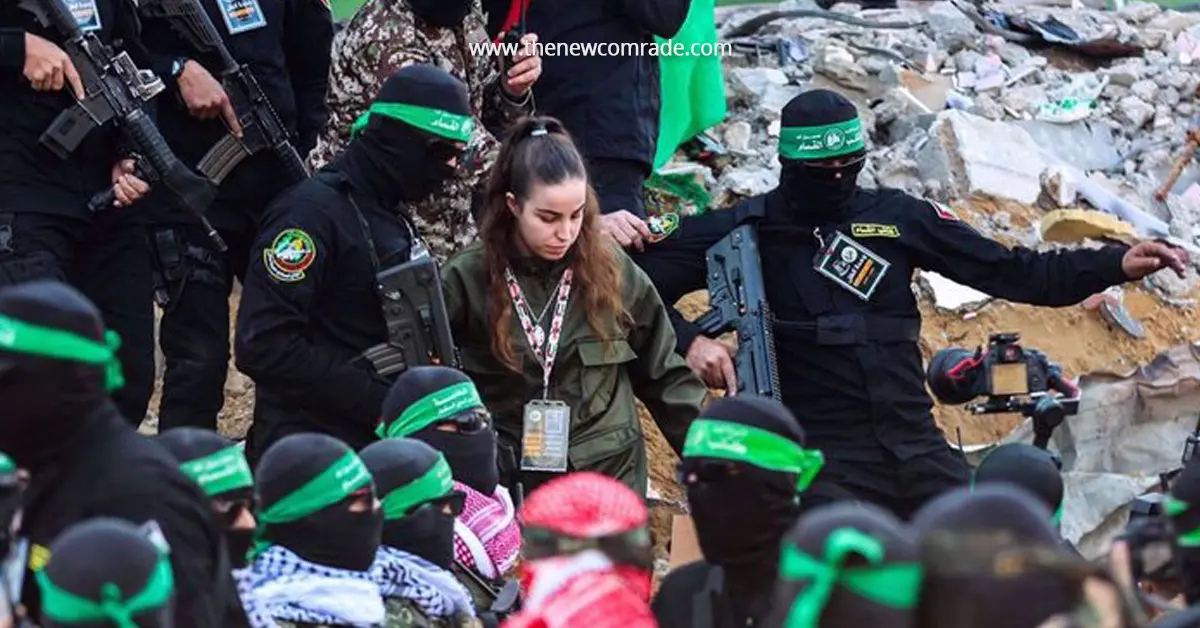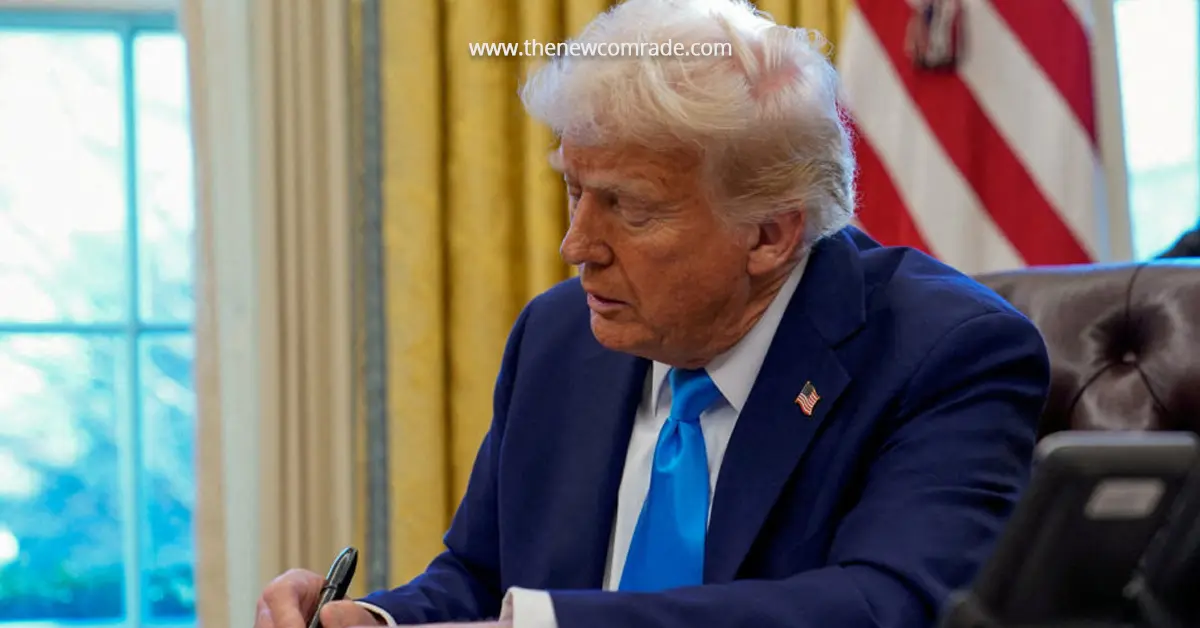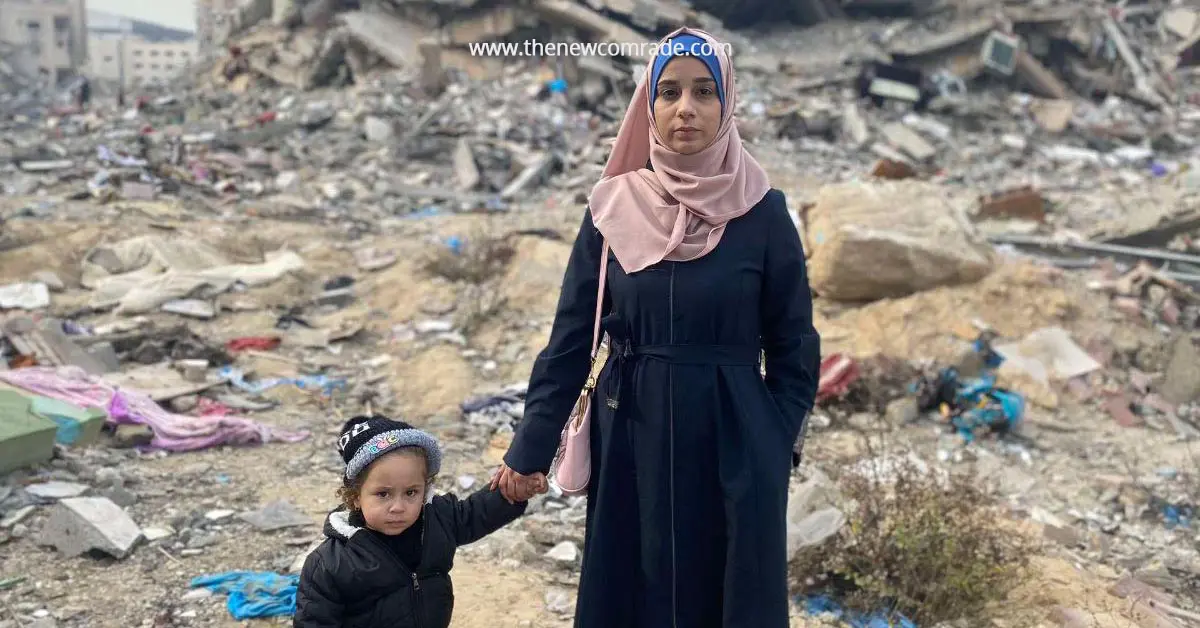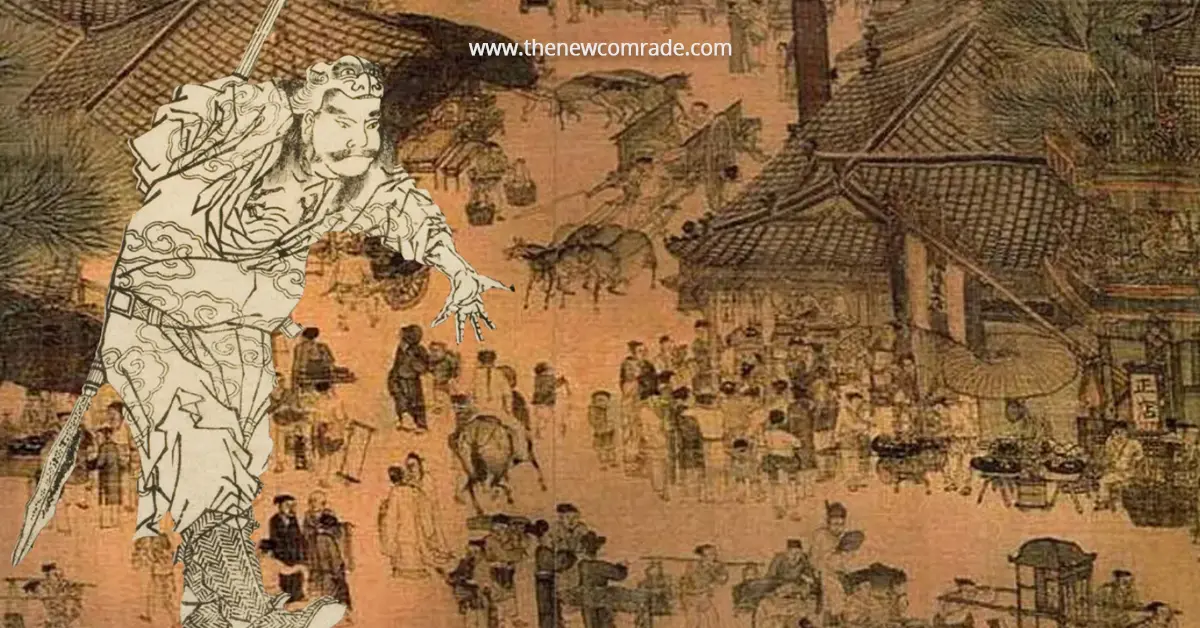New Delhi: Former Union minister and veteran Congress leader Mani Shankar Aiyar described P.V. Narasimha Rao as the “first BJP prime minister” of India, accusing him of leading the country from “the secular path to the communal path.”
Speaking to The Wire at the launch of his autobiography Memoirs of a Maverick: The First Fifty Years (1941-1991) on Wednesday, August 23, the former diplomat said that he discovered “how communal” the former prime minister was during a discussion on secularism.
“When I was on my Ram Rahim Yatra from Rameshwaram to Ayodhya, I was summoned from Odisha to come back to Delhi and Narasimha Rao said to me, ‘I don’t disagree with your yatra but I do have a disagreement with your definition of secularism.’,” he told The Wire.
“So I asked him, ‘Sir, what is wrong with my definition of secularism?’ and his reply which has remained engraved in my heart and on my soul was, ‘Mani you don’t understand that this is a Hindu country’. I sat up in my chair and said, ‘This is what the BJP says. (But) this is not a Hindu country. We are a secular country and in this secular country we have a huge majority of Hindus but we also have nearly 200 million Muslims and several other Christians, Jews, Parsis and Sikhs. So how can we be a Hindu country? We can only be a secular country.’”
“It is because Narasimha’s mind was so partisan, was so sectarian that he led this country from the secular path to the communal path.”
Rao served as the prime minister from 1991 to 1996. While his term is usually associated with the initiation of economic liberalization reforms in 1991, his tenure also saw the demolition of the Babri mosque in Ayodhya on December 6, 1992. In the ensuing communal riots, thousands lost their lives.
Aiyar’s book traces his journey as a diplomat in the Indian Foreign Service with a significant stint in Pakistan (as consul general in Karachi from December 1978 to January 1982); and his relationship with former prime minister Rajiv Gandhi.
The book also traces his observations during the anti-Sikh riots in 1984 – following the assassination of Indira Gandhi – and questions government decisions taken during that time to control the violence.
A companion volume will examine the Rajiv Gandhi-era in detail, which is expected to be published soon.
